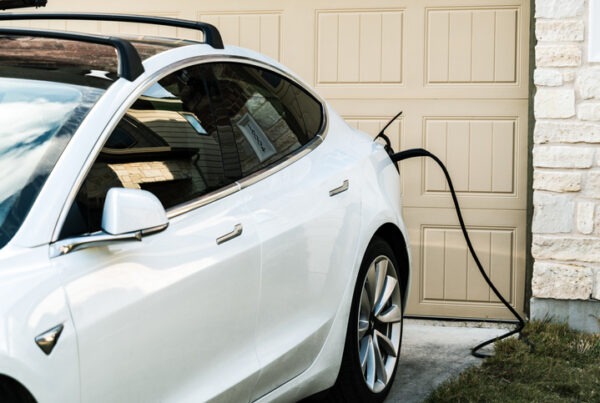In a step towards making public charging easier for electric vehicle (EV) owners, the United Kingdom is mandating 99% average reliability record for all public charge points across the country.
Dubbed as the Public Charge Point Regulations 2023, this move aims to address a critical concern among EV users and potential adopters: the consistency and dependability of the charging infrastructure.
Under the mandate, all public charge points, including those located at motorway service stations, city centres, and commercial parking facilities, are required to maintain an average reliability rate of 99%.
This reliability rate will be calculated based on real-time data collected from charge point operators and user feedback, making it a transparent and accountable metric.
The new regulations also state that EV charge point operators need to show that the chargers on their networks have an annual reliability average of almost 100%.
Furthermore, charge point operators are expected to modernize their maintenance and monitoring systems to proactively detect and address issues. Additionally, the regulations encourage the adoption of smart charging solutions that can optimize power distribution and reduce strain on the grid during peak times.
If charge point operators fail to adhere to the guidance and do not fix the issue after being alerted to it, they could face fines ranging from £10,000 to £250,000.
Upon implementation, operators have one year to ensure that their network of rapid charge points complies with the reliability requirements.
Reliability of the Australian Charging Network
In Australia, a report from the Electric Vehicle Council (EVC) estimated that there were nearly 5,000 individual charging stations in 2022. However, reliability, upkeep, and locations need to be improved.
Back in May, the EVC published a whitepaper highlighting suggestions for improving the reliability of the Australian EV charging network. This includes implementing maintenance measures and increasing ‘redundancy’ at charging locations.
Did you find this article interesting? Give it a ‘like’ by clicking the ‘heart’ button above.





















